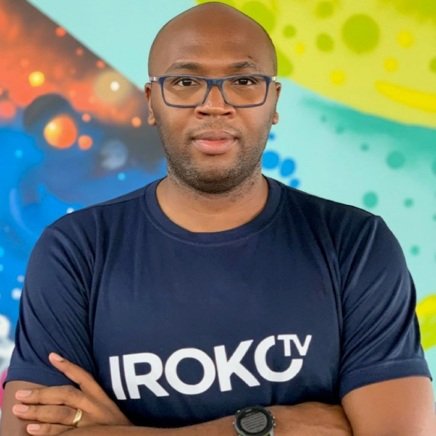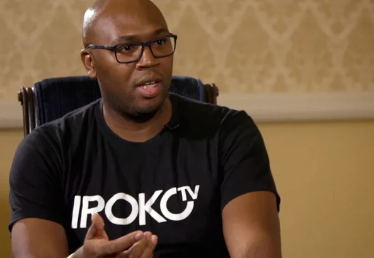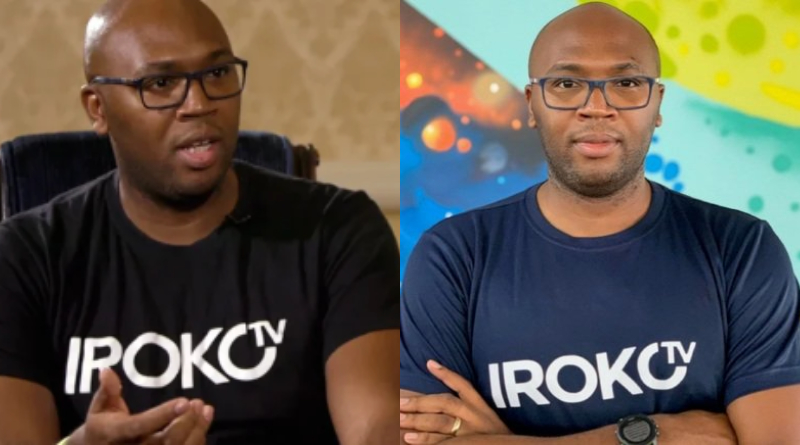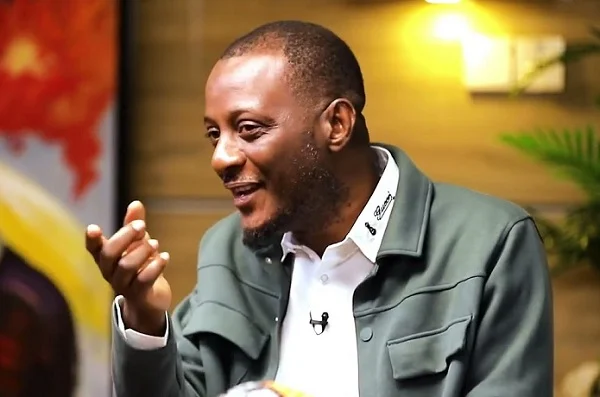Jason Njoku, co-founder and CEO of IrokoTV, has offered a strikingly honest account of the company’s failed bid to dominate Nigeria’s digital streaming space, revealing it burned through over $100 million in a venture he now calls a “costly mistake.”
In a candid essay published online, Njoku shared lessons from over a decade of navigating Nigeria’s difficult economic terrain and the realities of building a streaming platform in an emerging market. IrokoTV, once dubbed the “Netflix of Africa,” launched in 2011 with a bold mission to make Nollywood content globally accessible.

By 2015, the company had gone all in on the Nigerian market, supported by $35 million in venture capital. Yet according to Njoku, IrokoTV spent its first 10 years in “full survival mode,” constantly battling economic instability, poor broadband infrastructure, and weak consumer purchasing power.
“Between the revenues we generated and the venture capital we raised, we easily spent $100 million trying to win,” Njoku wrote. “But we weren’t winning; we weren’t losing either. We were just there—fighting to survive.”
He highlighted Nigeria’s macroeconomic volatility, including inflation, currency devaluation, and low willingness to pay for premium digital content, as major obstacles that made IrokoTV’s subscription-based model unsustainable.
Despite years of investing heavily in marketing, content, and technology to compete with global giants like Netflix, Amazon Prime Video, and Showmax, IrokoTV couldn’t scale profitably. By 2023, Njoku admitted the team had “finally accepted there was no market for paid premium services” in Nigeria and quietly exited the market. “We haven’t processed any Naira payments in almost two years,” he confirmed.
Interestingly, while the streaming model collapsed, ROK Studios, Iroko’s content production arm, flourished. The studio, which Njoku co-founded with his wife, Mary Remmy Njoku, successfully licensed Nollywood films and series to platforms like DSTV and Canal+.
“In hindsight, streaming wasn’t the winning model for Nollywood in Nigeria. Content, channels, and distribution were,” Njoku noted.

By 2018, IrokoTV was losing $5 million annually, a burn rate he now says could have been avoided had the company pivoted earlier to content syndication. “We could have shut down IrokoTV and either listed ROK or just focused on building a profitable, lean business.”
Njoku has since become a vocal advocate for leaner capital deployment and more pragmatic business strategies among African founders. “Did it need $100 million to figure this out? Absolutely not,” he said. “With $5–10 million, we could have reached the same conclusion.”
Despite the setback, IrokoTV’s pioneering role in showcasing Nollywood on the global stage remains significant. With a renewed focus on sustainable content creation through ROK Studios, Njoku is now charting a path more aligned with Africa’s unique media consumption realities.




